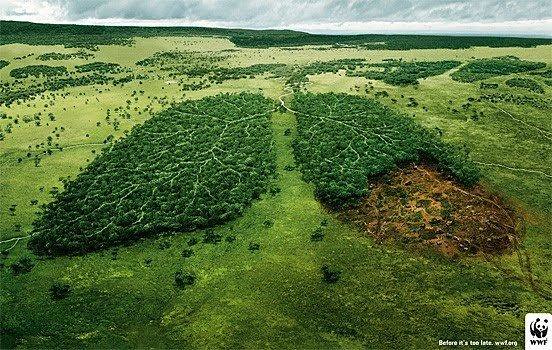(IFeature image credit: GoodStudio/Shutterstock)
This piece is part of our Readers and Writers series, where each of our content writers chooses an aspect of the written word that excites them.
The older I get, the harder it becomes to vividly remember my childhood. But one thing that does stand out are the books that I used to read as a child.
One of my earliest childhood memories with books would be the annual summer reading task run by the local library.
Nothing was more exhilarating than going to the library, choosing a book and taking it out, only to read it and return it a week later. By telling the librarian what the book was about, and why you enjoyed it, you then earnt a sticker. Do this another five times, and you could complete the summer reading challenge.
Who would have thought that such a simple reward policy could bring so much joy?!
And it was this that really cemented my love of reading growing up as a child. The library became a literary haven; a labyrinth of stories to enjoy, make-believe worlds to immerse yourself in and wonderful characters you aspired to be.
With this in mind, I have decided to take a trip down memory lane, and revisit the 10 most memorable books from my childhood that have helped shape the passion for reading I have today as an adult.
Continue reading “Readers & Writers: My Favourite Childhood Books”











